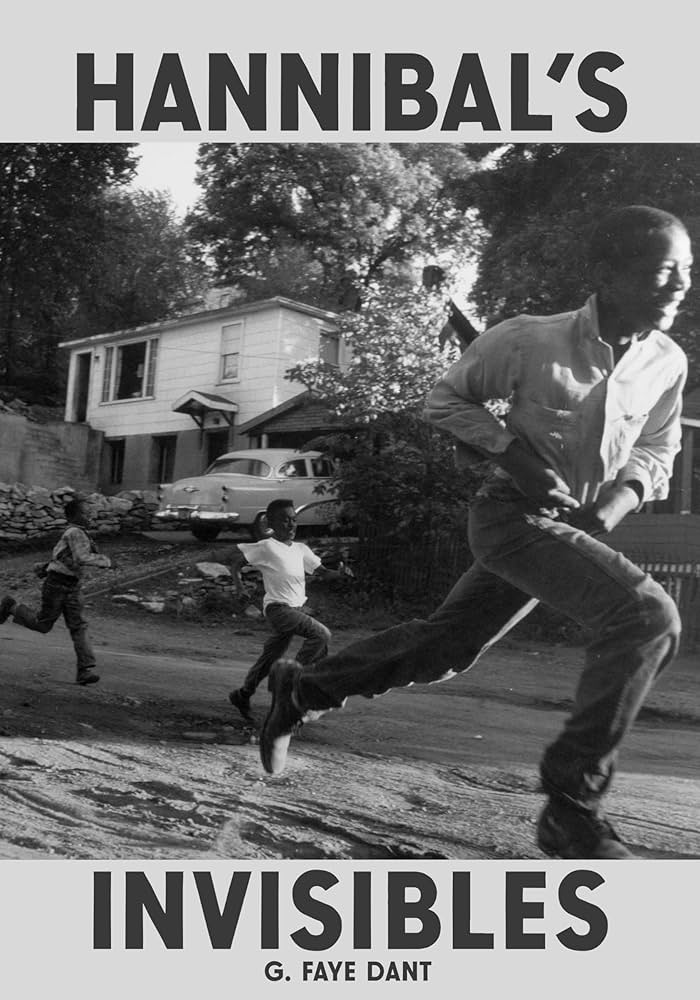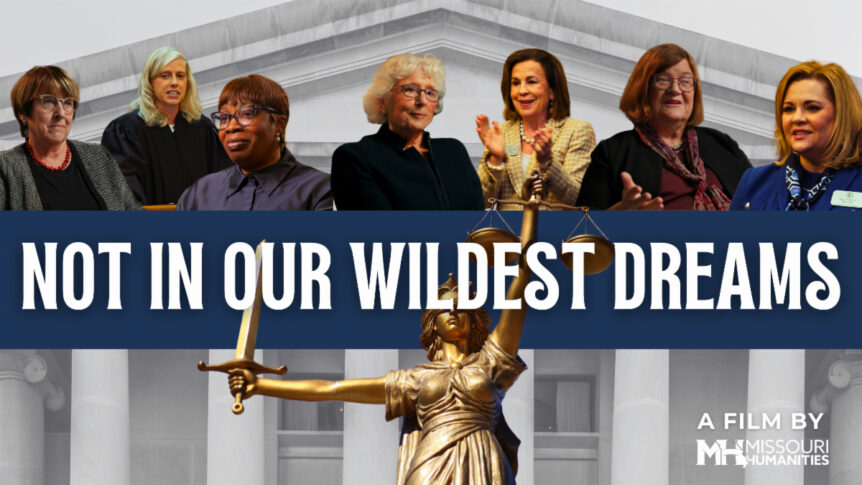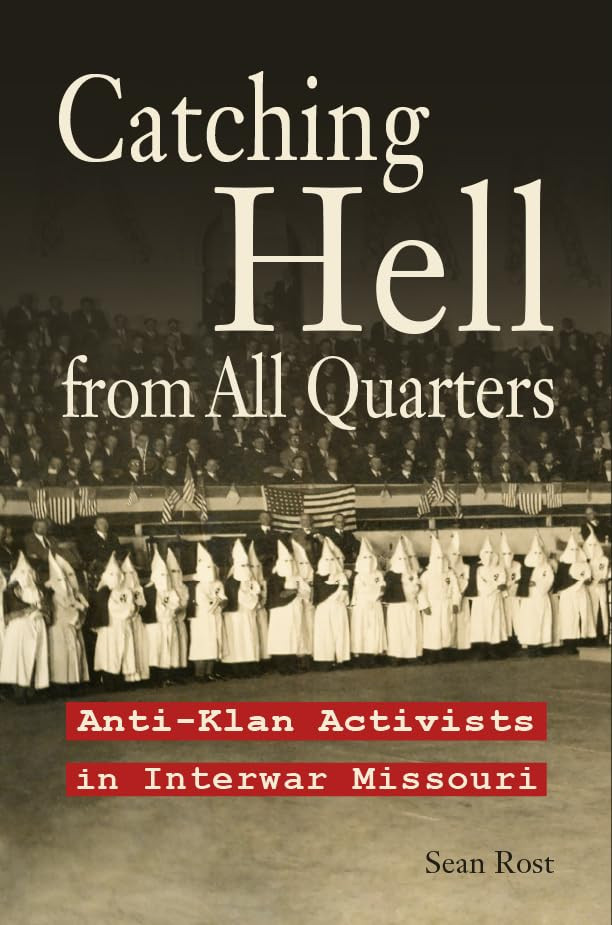Archives :: About the Missouri Archives :: Calendar
Upcoming Events
The Thursday Evening Speaker Series is free of charge and open to the public. Seating is available on a first-come, first-served basis. Unless otherwise noted, programs will be held at the Missouri State Archives, located at 600 W. Main Street in Jefferson City. The series is underwritten by the Friends of the Missouri State Archives.
[Presentation Videos from past events are available at the following location:
Missouri State Archives Presentation Videos.]
Exhibit Open House & Reception
Tuesday, February 17, 2026 @ 6 p.m.
 |
American Revolution Experience is a traveling exhibit created by American Battlefield Trust. The exhibit will be on display at the Archives from February 17th through March 5th.
Join us for an open house event and reception on February 17th at 6pm. Light refreshments will be served. At 7pm, members of the Sons of the American Revolution (SAR) will present on the 1780 Battle of St. Louis, Missouri's only engagement in the Revolutionary War.
This event is free of charge and open to the public. Seating and food are available on a first-come, first-served basis. The open house is cosponsored by the Friends of the Missouri State Archives with the SAR, and the Jane Randolph Chapter of Daughters of the American Revolution.
|
Hannibal's Invisibles
Thursday, February 19, 2026 @ 7 p.m.
|
 |
In Hannibal’s Invisibles, G. Faye Dant, a Hannibal resident and the executive director of Jim’s Journey: The Huck Finn Freedom Center, tells the incredible story of the Black community in this small Missouri town, giving voice to a history that has been marginalized far too long. Hear first-hand accounts from those who survived enslavement, faced racism after emancipation, endured Jim Crow, and contributed to the triumphs of the civil rights movement. These are the stories of Black doctors, entrepreneurs, and teachers who helped uplift the community, and remembrances of the countless individuals who gave richness and meaning to Hannibal’s everyday life. The vintage photographs and historical documents collected here are a celebration of these resilient people who built and sustained this corner of the Midwest, despite the immense obstacles they met at every turn.
Presented by author G. Faye Dant
|
|
Not In Our Wildest Dreams
Thursday, March 19, 2026 @ 7 p.m.
 |
Not In Our Wildest Dreams explores the role of the Missouri Supreme Court in the state’s past, present, and future through Missouri’s female judges, from the court’s first woman judge—the Honorable Ann Covington—in 1989 to its historic female majority bench today. The film highlights the court’s teamwork in promoting civic education and empowering youth engagement, as well as the personal journeys of the trailblazers behind the black robes.
Documentary will be screened followed by a Q&A with former Chief Justice of Missouri Laura Stith and Supreme Court Clerk Betsy Ledgerwood, led by Caitlin Yager from Missouri Humanities.
|
Catching Hell from All Quarters: Anti-Klan Activists in Interwar Missouri
Thursday, April 16, 2026 @ 7 p.m.
 |
In Catching Hell from All Quarters Sean Rost works to invert the traditional history of what has been termed the second Ku Klux Klan (1915-1930) by examining the efforts of anti-Klan activists, in particular in Missouri, who challenged the growth, recruitment, and political ambitions of the Invisible Empire during the 1920s and 1930s through editorial crusades, educational campaigns, public pressure on elected officials, political investigations, and in some cases counter-vigilantism.
Although anti-Klan activism was nation-wide, Missouri provides an excellent case study for the rise and fall of the second Klan as the organization gained a large membership and obtained a notable level of political power in some parts of the Show-Me State. Significantly, despite membership totals comparable to that of neighboring states, the Missouri Klan did not translate its recruiting success into substantial influence and political power due to significant local opposition from anti-Klan activists.
Presented by author Sean Rost
|